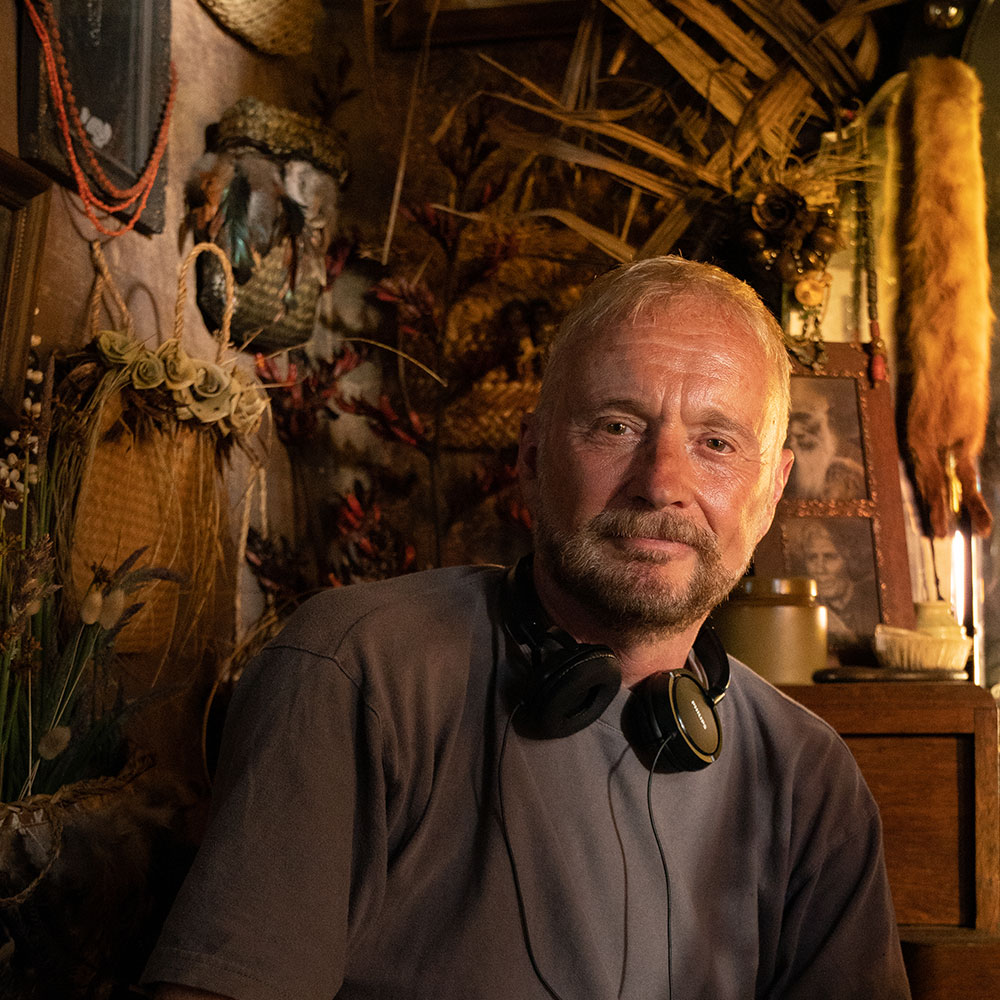
22 Feb Guest Interview: Welby Ings
To celebrate our 30th Mardi Gras Film Festival we sit down with Welby Ings to discuss their film Punch, which screened in MGFF23. Hear what they have to say about their film, their favourite on-screen LGBTIQ+ kiss and the importance of queer films in cinema and LGBTIQ+ storytelling.
Name: Welby Ings
Pronouns: he/him
Queer Screen: Tell us why everyone needs to buy a ticket to see your film.
Welby Ings: It will put an arm around your shoulder. It’s beautiful but it doesn’t shy away from tough stuff that rarely reaches the screen. The film has done very well internationally, but this will be its premiere in Australia.
What was the appeal of your film as a project? Why this film?
PUNCH plays out in a small town in the realm of boxing – and inside a son’s relationship with his alcoholic dad. These are contexts often overlooked in our stories. The film is partly autobiographical – but it is also inspired by my partner who died a few years ago. He grew up in a boxing family and I promised that I would make this film for him.
What do you hope audiences take from your film?
That our best relationships are not always Rom Coms, and there can be grace in what is lost because sometimes we become better people because of it.
There are more channels for LGBTIQ+ films than ever before, why are queer film festivals like ours still important?
We get to see the full power of a filmmaker’s art in the spaces that show off all of its nuances and production values. When a film is created for cinema, it has a very different sensibility to what might be watched on a smaller screen. Festivals give us the great projection, original proportions, great sound, in an acoustically designed space inside which the filmmaker intended us to experience the story – and we get to see our stories surrounded by our own people. [They get the subtleties that straight people overlook and you can definitely feel this happen inside an queer audience].
Why is it important to keep telling LGBTIQ+ stories?
Often we are still up against a small number of recycled cliches about the complexity and diversity of our people. Our worlds are more than colourful parades and matching wedding suits. Inclusivity and understanding rely on diverse stories being told; stories where we occupy both the ordinary and the extraordinary.
What’s one of your favourite LGBTIQ+ films and why do you love it?
A Home at the End of the World. Because of the beautiful complexity of the character Bobby. This was a movie that showed me a depiction of a different kind of gay man. Because I lived through the AIDS pandemic, I find movies like this difficult to watch but the complexity of Bobby and Jonathon’s relationship was original and poignant.
I also loved the Finnish film – A Moment in the Reeds. It’s been largely overlooked. I liked it because it looked at a gay relationship in the context of another issue [immigration]. It also had a very delicate sensibility.
What on-screen LGBTIQ+ kiss still makes you swoon?
I don’t swoon at movie kisses.
What is one piece of career advice that you would give your younger self when it comes to filmmaking?
You will have to fight hard to make something that walks away from the seduction of LGBTQI+ stereotypes, so be strong. Don’t forsake at the overlooked fringes of our world.

